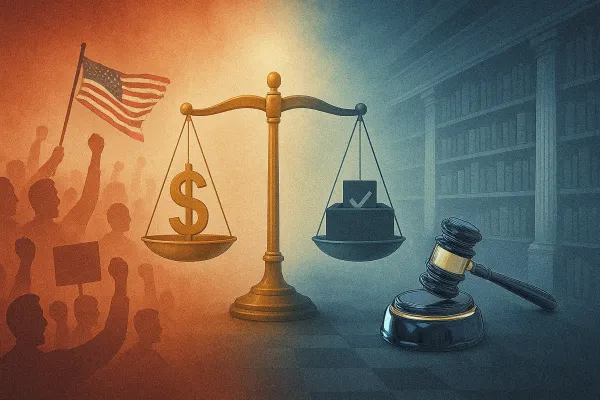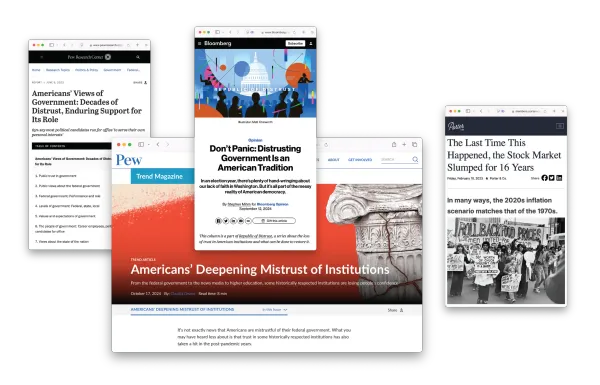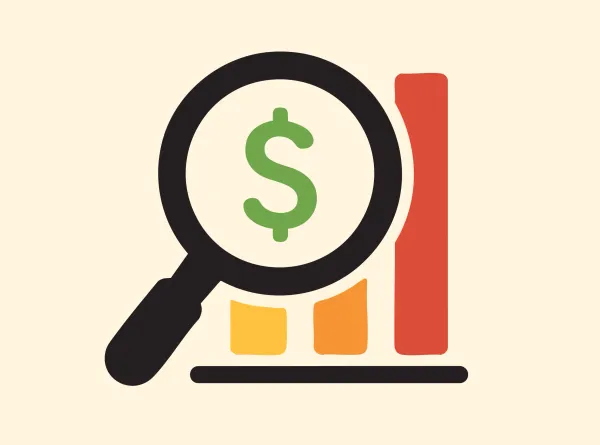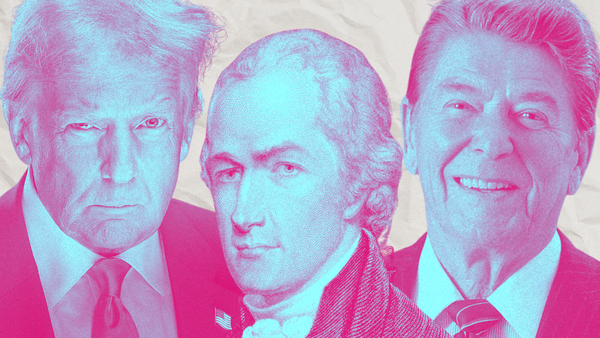 governance
governance
economics
 governance
governance
 governance
governance
 economics
economics
 economics
economics
Stay Ahead of the Curve
Get the latest in science, skepticism, and societal analysis—delivered straight to your inbox.
 economics
economics
OUR MISSION
To explore complex issues with careful analysis and help you make sense of the world. Nonpartisan. Reality-based.
About Skeptic Magazine